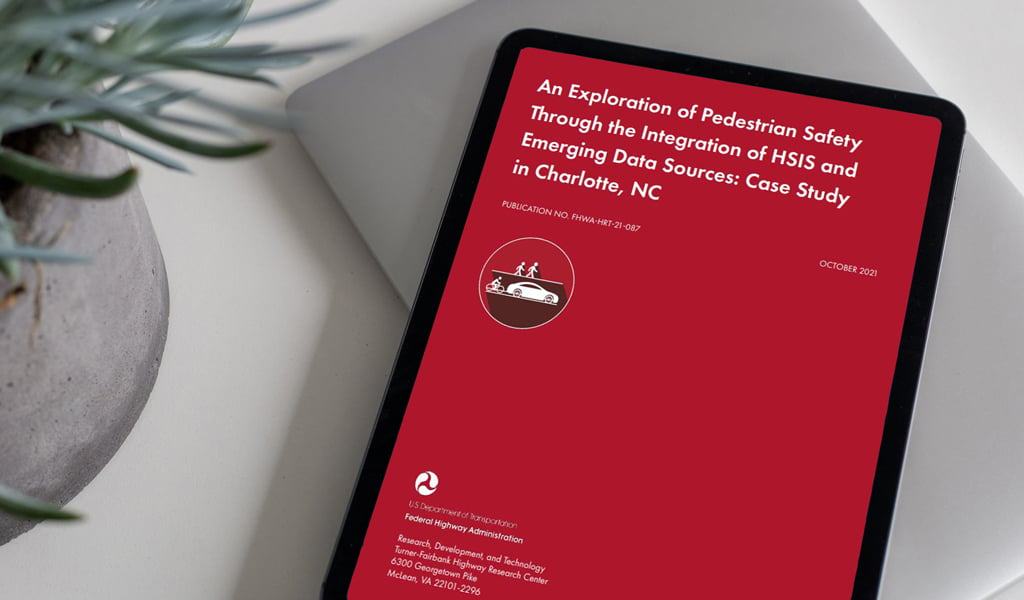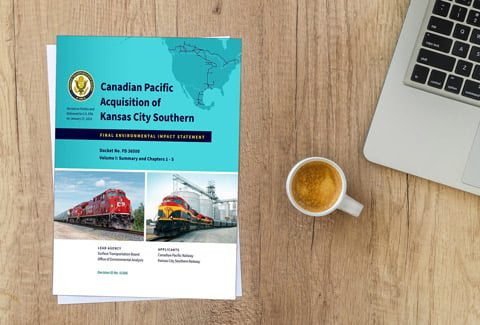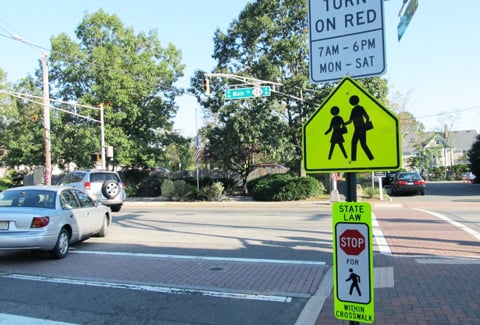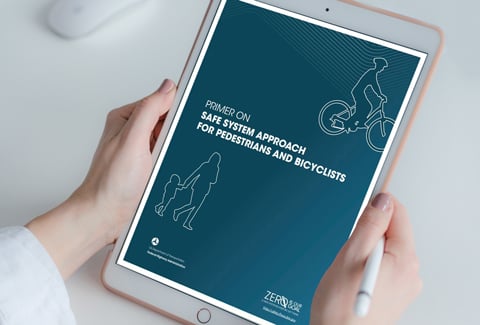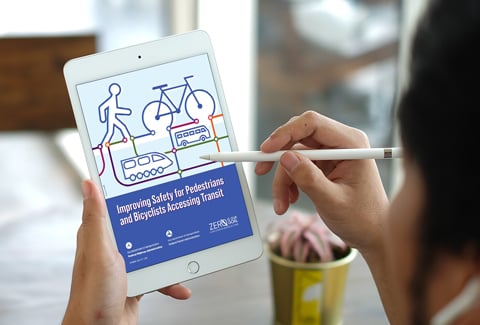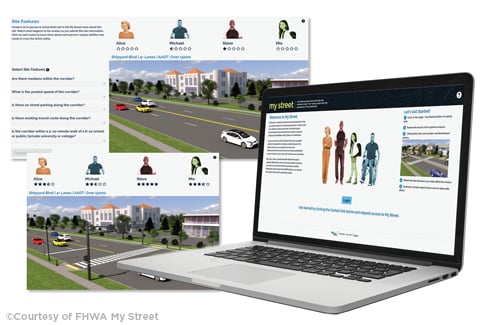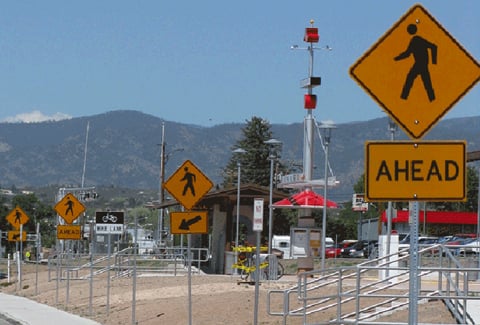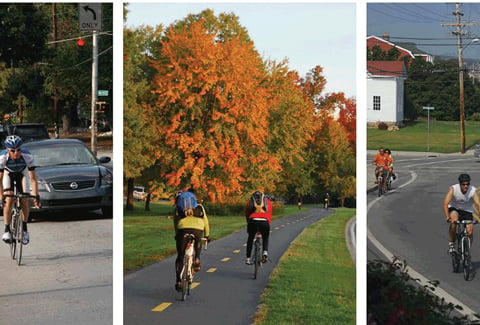The Federal Highway Administration (FHWA) and VHB used their research partnership and the Highway Safety Information System (HSIS) to conduct a safety study using emerging and state-of-the-practice data sources to identify factors that influence pedestrian crash severity and probability. The study revealed factors that influence pedestrian safety, quantifying their impacts and providing evidence to support future road safety management.
The objective of the study analyzed two measures of pedestrian safety performance in Charlotte, North Carolina. These measures included studying the severity of pedestrian crashes that occurred and evaluating existing roadway segments to determine likelihood of a pedestrian crash. To accomplish the study objectives, the research team leveraged data from several agencies and sources to supplement roadway or contextual transportation data.
The results of the study concluded that pedestrian exposure at a given intersection was found to be significantly influenced by demographic and socioeconomic characteristics. It identified factors that influence pedestrian crash severity and probability, like vehicle speeds and traffic volume. These findings can be used to identity locations that are more susceptible to pedestrian safety risks to support future design and planning that align with the FHWA’s Safe System approach.

